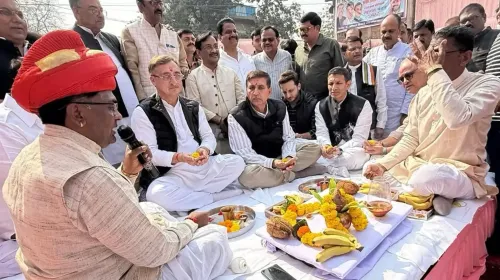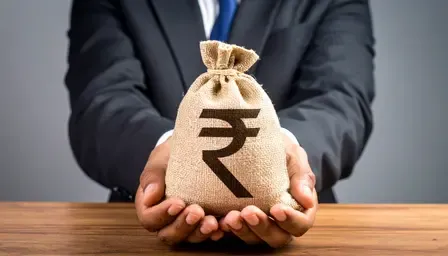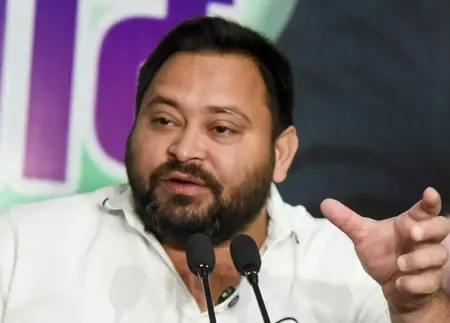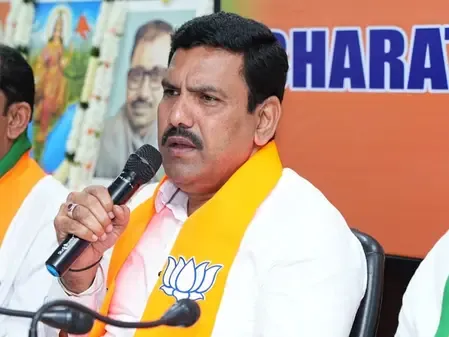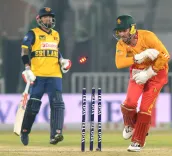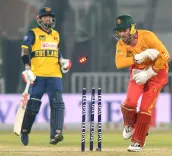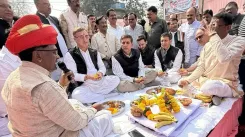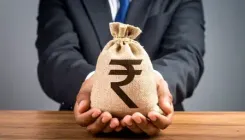What Impact Has the 6th Anniversary of Article 370 Abrogation Had on J&K?
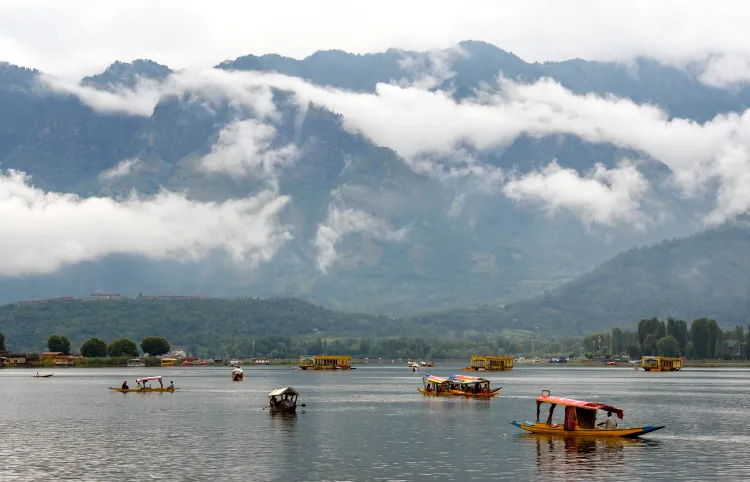
Synopsis
Key Takeaways
- Article 370 was abrogated on August 5, 2019, changing J&K's constitutional status.
- The government claims significant progress in development and connectivity since the abrogation.
- The opposition raises concerns about unmet promises and calls for statehood.
- Political leaders continue to express starkly different views on the impact of the changes.
- The divide on the issue remains a critical topic in Indian politics.
New Delhi, Aug 5 (NationPress) As the nation commemorates the sixth anniversary of the repeal of Article 370 and 35A, political representatives from various parties voiced divergent opinions regarding the development and transformation in Jammu and Kashmir (J&K) over the last six years.
The ruling party celebrated the decision as a courageous move that brought the nation together under a single Constitution, while the Opposition raised concerns about the claimed development and called for the restoration of statehood.
On August 5, 2019, India experienced a significant historical event when Union Home Minister Amit Shah presented a resolution in the Rajya Sabha to revoke J&K's special constitutional status under Article 370.
The government further declared the division of the state into two Union Territories — Jammu and Kashmir (with legislature) and Ladakh (without legislature) — effective October 31, 2019.
BJP National General Secretary Tarun Chugh shared with IANS, "Even after six years, the Gupkar Gang still cannot accept that Jammu and Kashmir is now recognized for its development, not terrorism. Railways have reached isolated mountains, infrastructure has expanded, and connectivity has vastly improved. Prime Minister Modi has given special attention to advancing Jammu and Kashmir."
Conversely, National Conference President Farooq Abdullah stated on Monday that militancy in J&K will persist until relations with its neighboring country (alluding to Pakistan) improve.
In response, Chugh remarked, "He should review his party's government report card for the past year. None of the promises made in the manifesto have been kept. He should stop placing blame on the Lieutenant-Governor for the NC government's failures."
Madhya Pradesh MLA Bhagwandas Sabnani, speaking to IANS, expressed, "The abrogation of Article 370, which impeded the unity and integrity of the nation for 35 years, was a significant milestone. Today, on August 5, we celebrate its sixth anniversary. It is a point of pride for all of us that such a vital step was taken. From Kashmir to Kanyakumari, India remains a unified nation — bonded by one culture, one pride, and one Constitution."
In agreement, Madhya Pradesh MLA Rameshwar Sharma told IANS, "Today, all Indians are proud that those who fought for our country's Independence have seen their vision for a nation under one Constitution fulfilled. We take pride in the fact that this was accomplished under PM Modi's leadership."
However, the Opposition has criticized the government's management of the Union Territory post-abrogation.
Shiv Sena (UBT) spokesperson Anand Dubey told IANS, "We supported the government during the abrogation of Article 370, as it was a vision of the late Baba Saheb Thackeray to eliminate this provision in J&K. Yet, even after the elections, J&K has not regained statehood, and the Centre continues to hold power over it. If this persists, how can we expect proper development?"
"The Centre promised to eradicate terrorism, but it has not been entirely eliminated. This is the Centre's failing. It is unjust. J&K should be granted statehood, but they seem unwilling to do so," he added.
J&K Congress MLA Arif Masood also criticized the Centre for making claims of transformation to "gain political advantage."
Speaking to IANS, he remarked, "What changes have occurred following the repeal of Article 370? Terror attacks are still happening, and infiltrators remain a concern. The government is merely trying to take credit for development and the eradication of terrorism for political gain."
Congress leader Udit Raj questioned the efficacy of the decision, stating, "What's done is done. They claimed that removing the provisions of Article 370 would bring about significant transformation, but I don't see any substantial change."
As J&K reaches six years under a new administrative framework, the political divide concerning the effects of Article 370's abrogation remains pronounced.
While the BJP-led Centre attributes the move to ushering in an era of progress and peace in J&K, Opposition parties continue to voice concerns and advocate for the restoration of full statehood.

